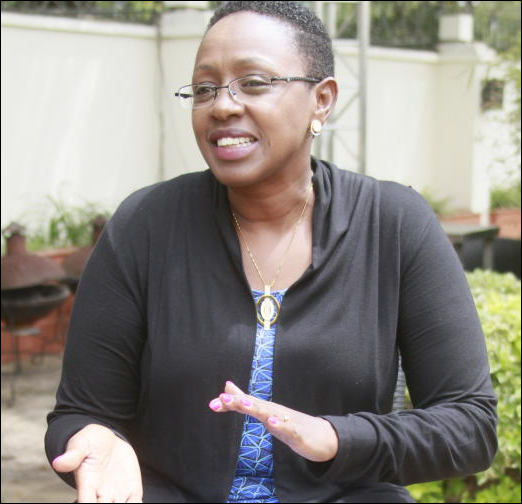×
The Standard e-Paper
Fearless, Trusted News

If you go on YouTube and watch the song Njata Yakwa by musician John De’Mathew, you will spy a familiar face. You might not believe it, but if you take a closer look, you will realise it is indeed true – the leading lady featured in the music video is Sabina Chege, the Murang’a Women Representative.